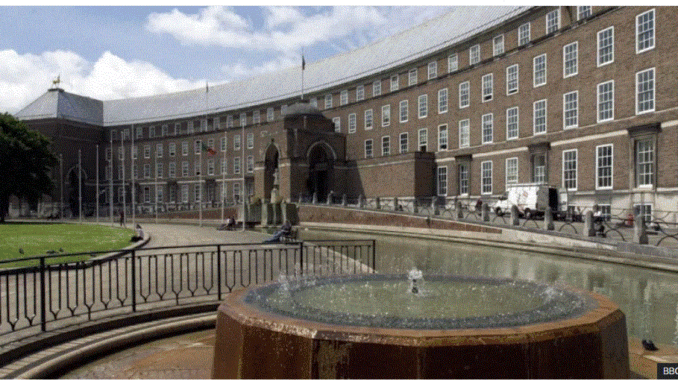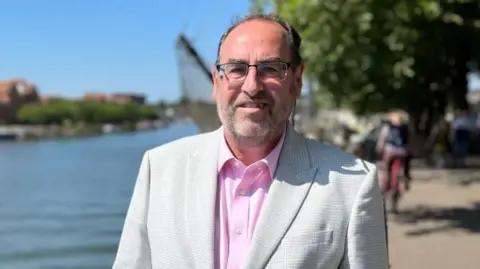
Council owed £229m in unpaid debt amid bankruptcy fears
The overdue debt owed to Bristol City Council is £229 million, which includes roughly £52 million in uncollected
council tax.
The majority of the debt, £88.6 million, is made up of unpaid invoices, of which £30.9 million is not due until the
following year.
The number, which also includes clean air zone (CAZ) fees and rent arrears, was disclosed by Bristol City Council on
Monday in a report to the strategy and resources policy committee.
Pressures from the expense of living and payment delays brought on by court backlogs and extra reminder notices
are other issues mentioned in the research.
Financial arrears
It happens only a month after council leader Tony Dyer threatened to declare the corporation bankrupt if it was
unable to make savings to cover this year’s £22 million budget deficit.
According to the data, tax arrears accounted for almost a quarter of the total debt as of March 31, 2023, and were
£51.9 million as of that date, up from £50.5 million on April 1, 2023.
Additionally, there were over £4 million in unpaid penalty charge notices (PCNs) for parking violations and bus lane
encroachments, as well as £32 million in unpaid CAZ costs.
The report also stated that almost £19m in overpaid housing benefits had not been recovered by the council, while
£15m of rent and other fees had not been paid by current and former council tenants and leaseholders.
In addition, the authority has written off nearly £19m of debt that it concluded it would never recover, including £5m
of council tax and £3m in CAZ fines.

According to the paper, “aged debt becomes increasingly difficult to collect for several reasons,” such as
the possibility that the debtor’s financial situation would change, that they may have moved, or that they
may doubt the debt’s validity.
“Cost of living pressures are obviously still having an impact, and we are working to maximise the
support we can provide through new initiatives and processes,” the statement continued.
These initiatives include hosting regular debt clinics, providing more support and direction to those
struggling with high debt, and switching to a premium rate phone line for payments.
The council only employed bailiffs, which are now known as enforcement agents, when “no other
identified recovery activity is available or where those in debt are not engaging,” according to the report.
In order to make sure that collection and recovery efforts are directed effectively, steps will be taken to
proactively detect the difference between those who “can’t pay” and those who “won’t pay” using third
parties.
According to the study, the statistics varied and only reflected a single point in time.
Read more news on https://sportupdates.co.uk/

Leave a Reply